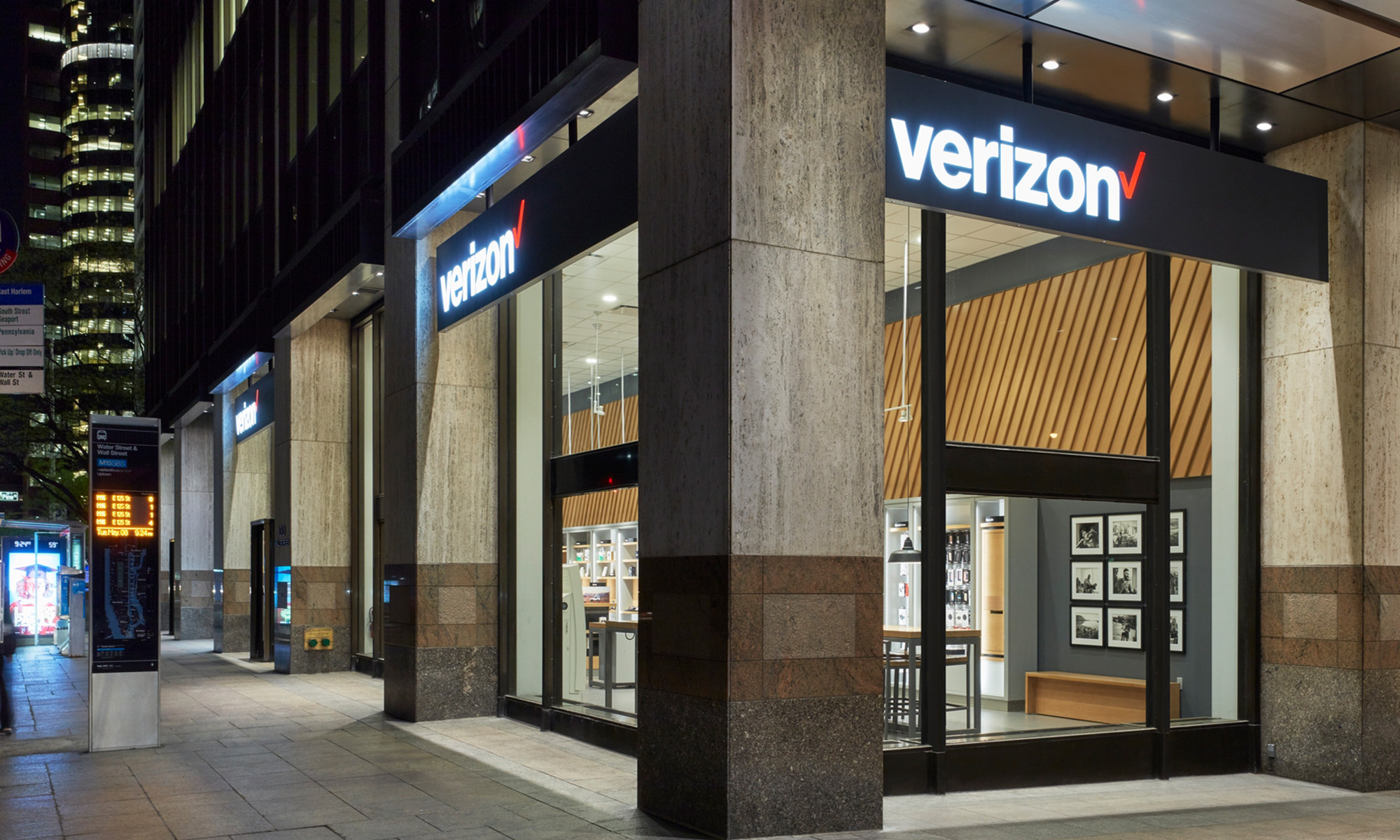America's largest mobile network recently announced a new joint effort with Amazon's (AMZN +0.40%) Web Services division. Verizon (VZ 1.14%) used AWS' re:Invent conference to reveal that its new 5G mobile service will be the first-ever available as a network edge computing service. It will initially be available in Chicago via AWS's new Wavelength service -- which enables developers to build and deploy applications via 5G -- but Verizon said it plans on expanding 5G edge to other cities in 2020.
5G has begun the long process of deployment across the U.S., with rivals AT&T, T-Mobile, and Sprint also working hard to win the race. Critics have been quick to pan Verizon's focus on the highest-frequency and fastest-speed segment of 5G, though. With millimeter wave technology -- the medium over which a mobile 5G network is delivered -- there is a trade-off between speed and coverage. For the everyday consumer, that has meant underwhelming service, with Verizon's 5G remaining mostly limited to city streets and parks as walls and other obstructions remain a challenge for the signal. For example, here's a link to Verizon's 5G coverage map around Chicago's Lincoln Park, showing the still-limited areas 5G can reach in the city.

Image source: Getty Images.
Nevertheless, Verizon and AWS did announce a couple of business customers that will put 5G Edge to use in Chicago. While 5G and its faster download speeds and low latency (the time it takes a network to respond to a user action) will have limited use for consumers in the short term, this new network iteration really was all about unlocking new use cases for companies.
Two guinea pigs for Wavelength
The two companies Verizon and AWS specifically listed as putting Wavelength and Verizon 5G to work in Chicago were Bethesda Softworks and the National Football League. The former is the producer of popular video game titles like Fallout and The Elder Scrolls and has developed new video game streaming technology that allows players to access its games without a console or PC and without any downloads. Video games require some hefty computing power these days, though, and gamer inputs need fast response time from the game. 5G can help solve those problems, so Bethesda is using Wavelength to begin testing its streaming technology.
Then there's the NFL, which has also been testing new technology to drive viewer engagement with the sport. Wavelength is going through trials powering the league's Next Gen Stats platform, which captures data in real-time and tracks players' on-field movements to within inches. In a separate trial in Houston, Verizon's 5G and Sony's 5G-connected cameras were also used to capture NFL game footage. This trial tested out new cameraman placement, as the cameras using the service aren't tethered to network cables.
Adding to the list of potential uses
Video games and sports are just two of the latest places Verizon is finding a use for 5G. In keeping with this "5G for business" theme, the wireless provider also said it was using its new network capabilities to power one of Corning's fiber optic cable manufacturing facilities. The potential for 5G and computing at the edge is so large that even NVIDIA recently said it's getting into the telecom network hardware-making space.
All of this is to say that, though mobile services like the ones Verizon offers are a mature market, there is still fuel left in the tank thanks to 5G. Verizon's Q3 2019 numbers demonstrate that; the company reported a net 408,000 new business connections during the quarter. The new edge partnership with Amazon's AWS could thus be a big deal and add to those recent gains. Investors will want to make Verizon's net business additions a key metric to focus on going forward.







